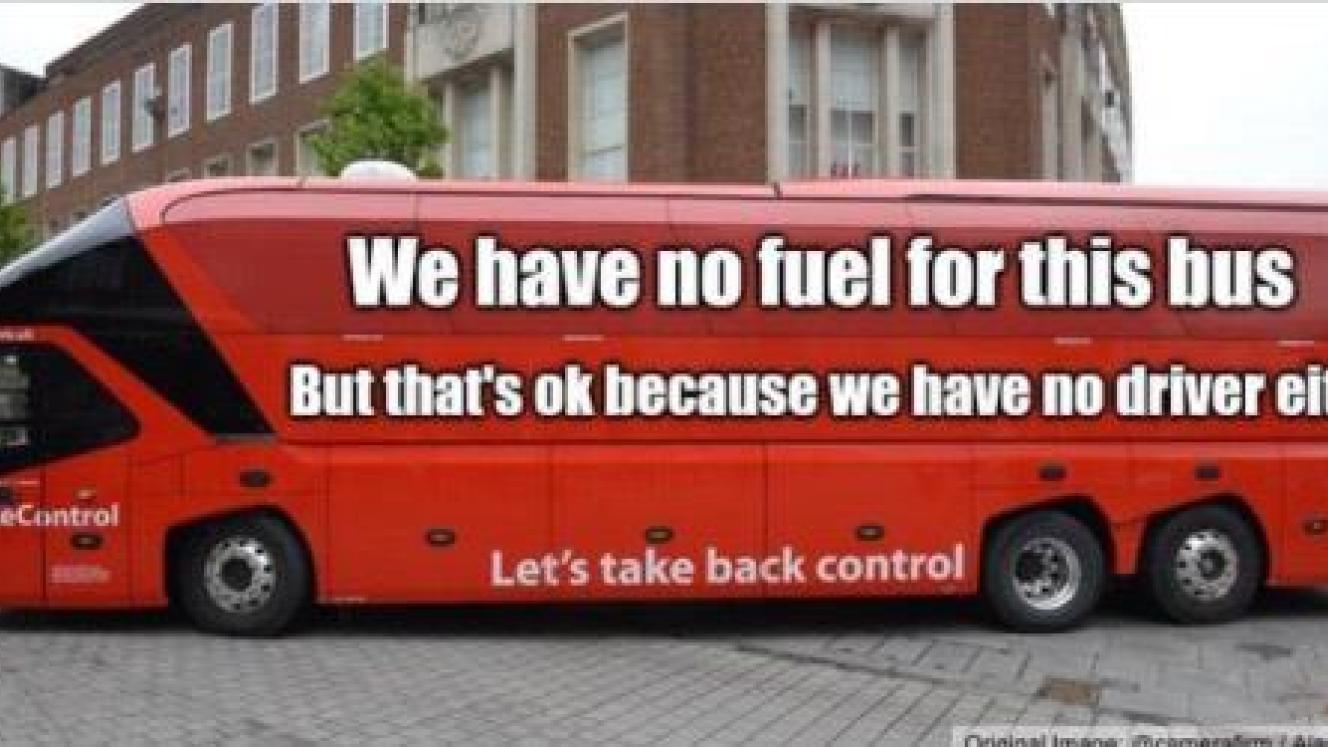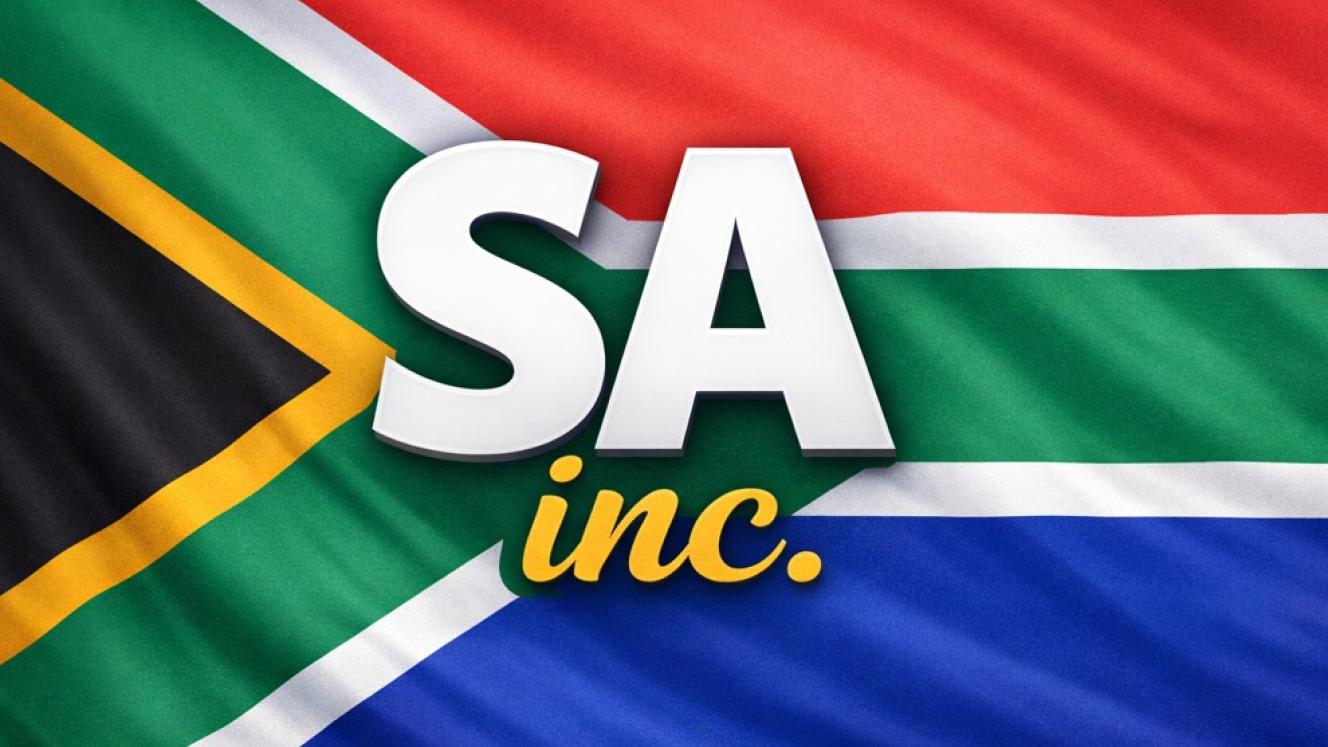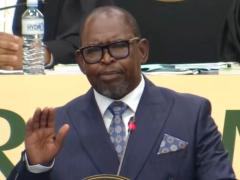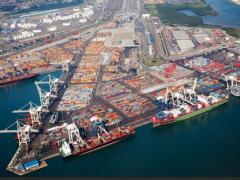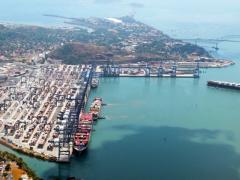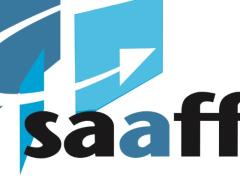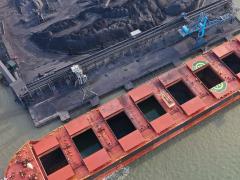The fuel crisis in the UK is showing limited signs of easing, with EU drivers slow to respond to the country’s crisis management measure announced last week to issue 5 000 temporary visas to HGV drivers.
The driver shortage is a global problem, as reported in Freight News last week, (https://www.freightnews.co.za/article/sa-drivers-high-demand-global-shortage-bites) but the situation in the UK is dire.
Prime Minister Boris Johnson told BBC Breakfast that only 127 petrol tanker drivers from the EU had applied for temporary visas so far.
Last week it was announced that 350 military tankers had been placed on standby – and it now appears that 200 military personnel have started driving fuel tankers to help resupply petrol stations.
And while the Petrol Retailers’ Association has given assurances that fuel stocks remain normal at refineries and terminals – for motorists unable to access fuel, it’s cold comfort.
In the UK – as is the case elsewhere in the world – poor pay, long hours, and poor working conditions are hardly attracting a deluge of new entrants.
The inhumane conditions facing drivers at the Beitbridge Border, for example, which have been well documented by Freight News, have been described by some as a humanitarian crisis.
According to a report in BDLive this morning, Brexit caused many eastern European workers, including 25 000 truckers, to leave the UK because of additional border bureaucracy, while 40000 licence tests were cancelled due to the pandemic.
In efforts to keep the transport industry moving, the UK government has placed a £30 limit on the amount of petrol that can be bought at any one time - but since pumps in the UK are self-service, what’s to prevent a driver from exceeding the cap except his conscience?
At some forecourts, disputes over fuel have turned nasty, with one driver allegedly drawing a knife on a motorist during an altercation at a petrol station.
Fuel prices in the UK are reported to be at an eight-year high.
